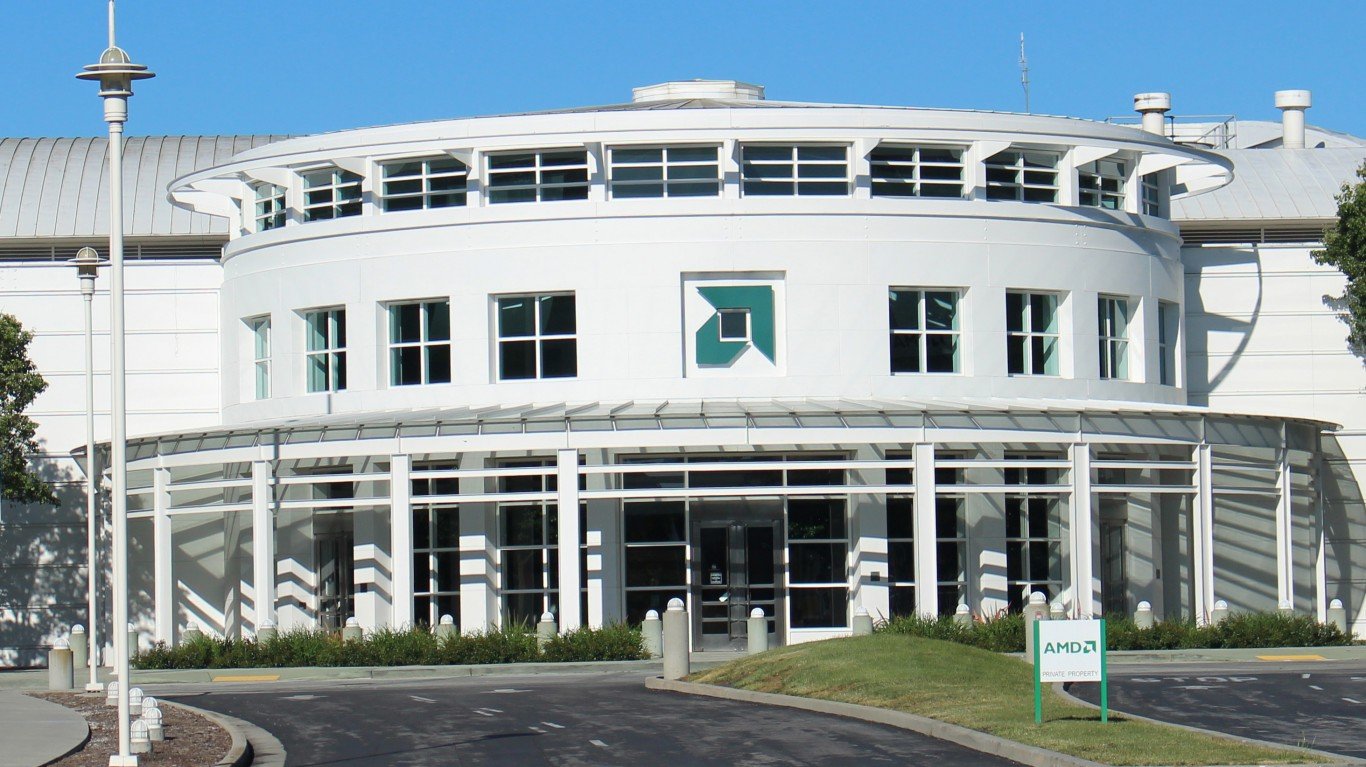

Aircraft lessor Dubai Aerospace Enterprise (DAE) once expressed interest in purchasing 400 new single-aisle jets from Boeing Co. (NYSE: BA) and Airbus. In 2017, DAE acquired Dublin-based lessor AWAS, and in the next year expressed an interest in the massive order.
In an exclusive report at Reuters, that contemplated purchase has been shelved in favor of a new plan that would have DAE acquire another leasing company.
DAE CEO Firoz Tarapore told Reuters:
It is hard to see how DAE is able to find a way to accept the price and terms and conditions the OEMs (original equipment manufacturer) are offering.
With both Boeing and Airbus having production of their single-aisle planes sold out through 2024, neither has much reason to negotiate prices down, no matter how big an order gets. Neither company commented on the report.
That may change over the next year or so, depending on how much longer it takes Boeing to get its 737 Max back in the air. CEO Dennis Muilenburg on Monday announced a new, in-house Product and Services Safety organization charged with unifying safety-related responsibilities that are currently managed by several teams across Boeing’s business and operating units.
The announcement follows last week’s creation of a new committee, the Boeing Board of Directors Aerospace Safety Committee, that the company says will “elevate awareness and reporting of, and accountability for, safety issues within the company, further improving enterprise-wide product and services safety.” The new organization will report jointly the board committee and to Boeing’s chief engineering office, Greg Hyslop.
Boeing was also in the news last week when the federal National Transportation Safety Board issued seven recommendations that it wants the Federal Aviation Administration (FAA) to adopt in light of the two 737 Max crashes that killed 346 people.
How are these three events related? First of all, the longer it takes Boeing to get the 737 Max off the ground, the higher the chances that some orders will be canceled. The FAA is going to be very careful about certifying Boeing’s fix for the problem that caused the two crashes, and other civil aircraft authorities have said they plan to conduct their own recertification reviews rather than accept the FAA’s certification.
Boeing’s new safety organization, new board committee and new reporting structure are virtually guaranteed to run afoul of the sales and marketing organization at some point. Such a confrontation is unlikely to be resolved quickly.
Finally, DAE’s Tarapore could take another look at buying new Boeing and Airbus planes in a couple of years time if an opportunistic acquisition is not forthcoming. Tarapore told Reuters that an ideal acquisition would be a lessor with 100 to 200 planes and no new planes on order. Such firms are scarce and that could send DAE back into the tender embraces of Boeing and Airbus.
To top it all off, a movement begun early this year in Sweden and dubbed “flygskam” (literally, flight shame) has begun to catch on with other European travelers. Flygskam is an attempt to raise consciousness of the environmental cost of flying. If the past is any guide to the future, some governments will soon be adding a carbon price to the cost of a plane ticket to ease passengers’ guilt over taking a plane rather than a train.
Both Boeing and Airbus have made 20-year projections indicating that the demand for airplanes will continue to rise, especially in parts of the world where air travel is just beginning to become popular. The impact of rising demand in those parts of the world is likely to overcome a rise in flygskam, but not many people believed five years ago that U.S. alternative energy generation from wind and solar would surpass coal-fired generation either.
Thank you for reading! Have some feedback for us?
Contact the 24/7 Wall St. editorial team.
 24/7 Wall St.
24/7 Wall St.